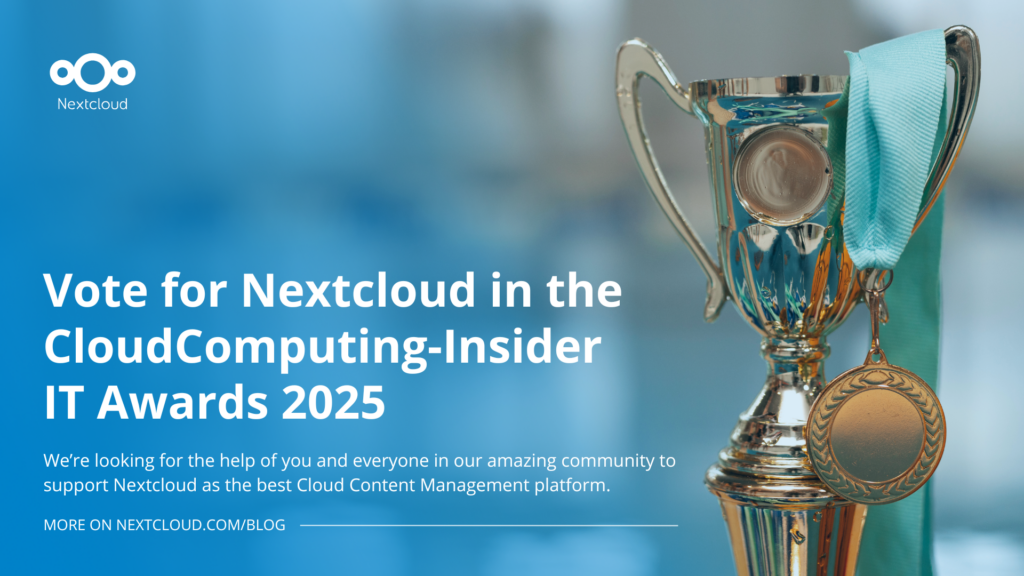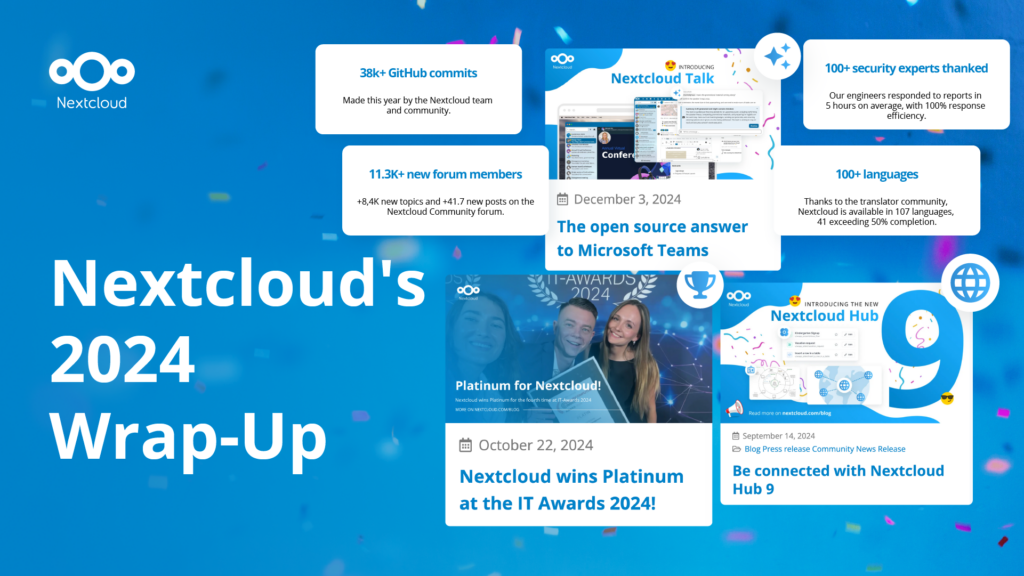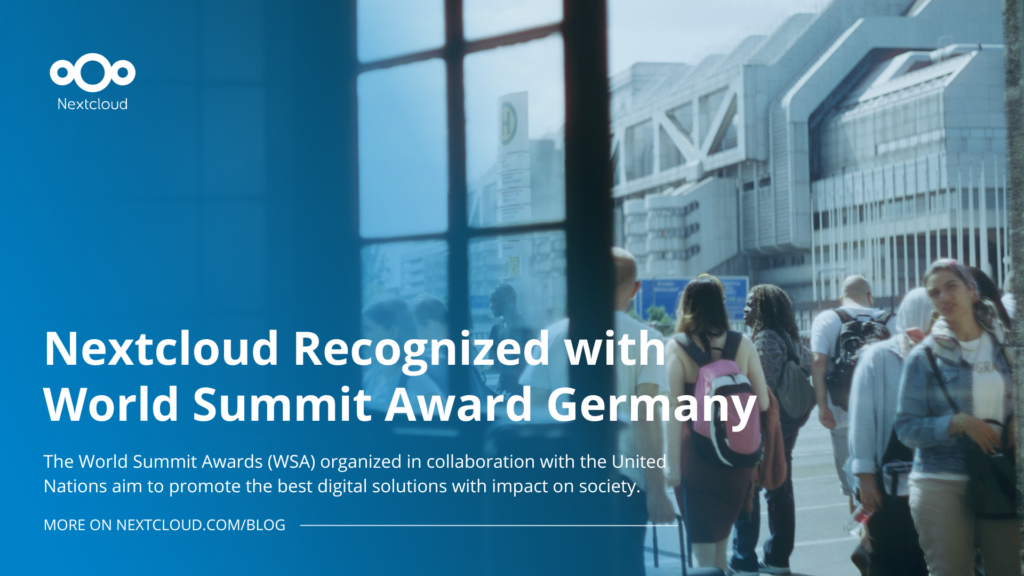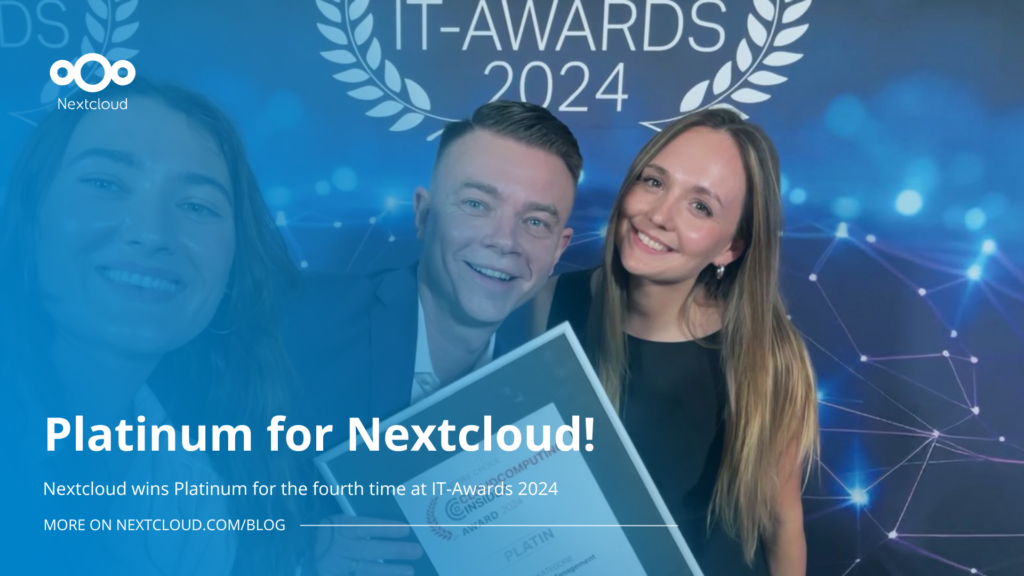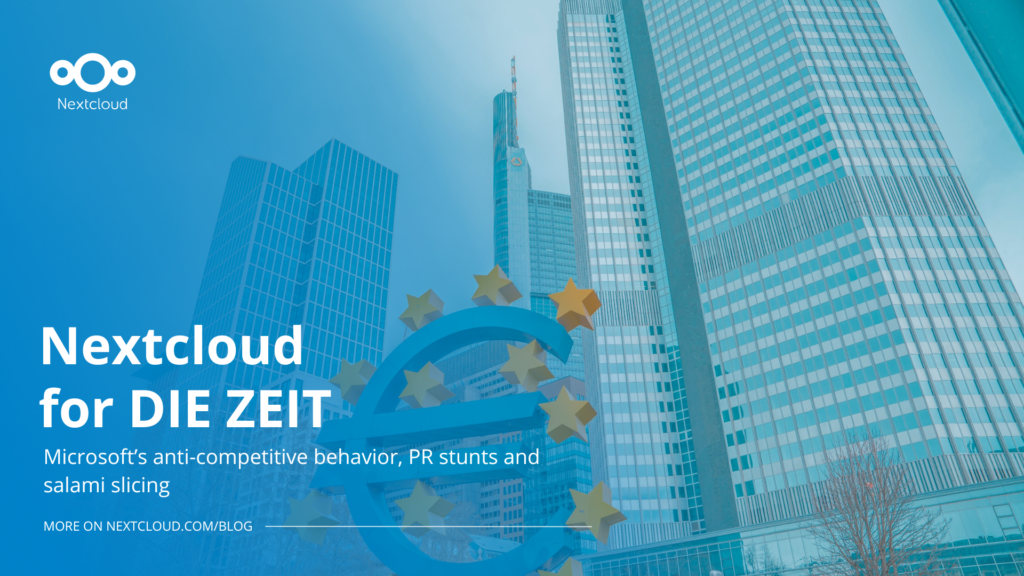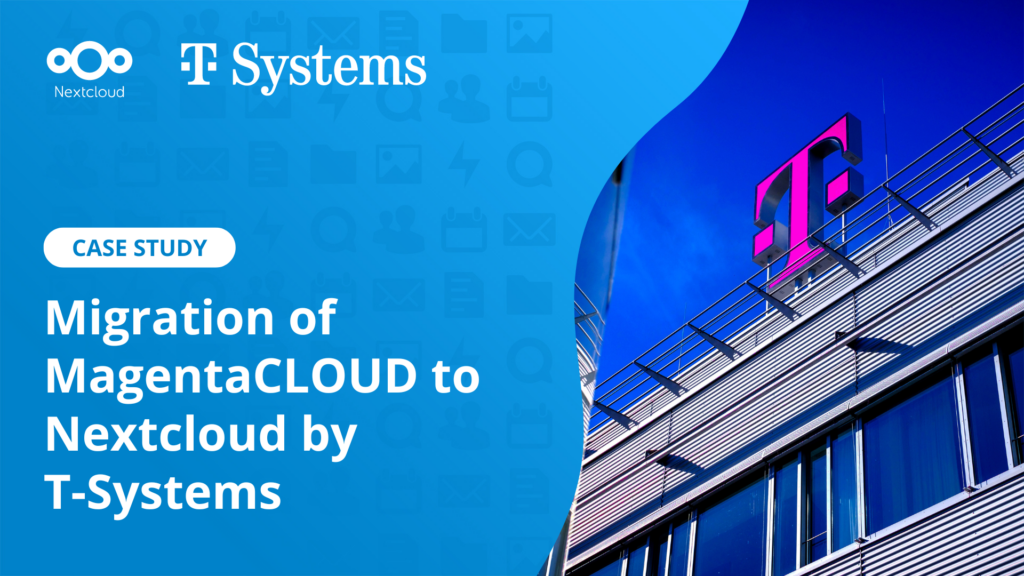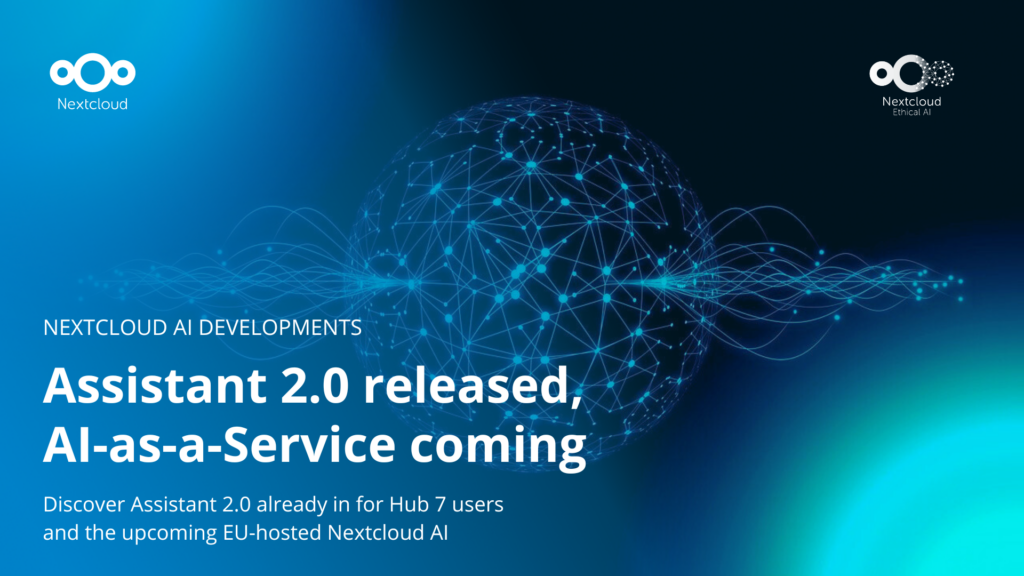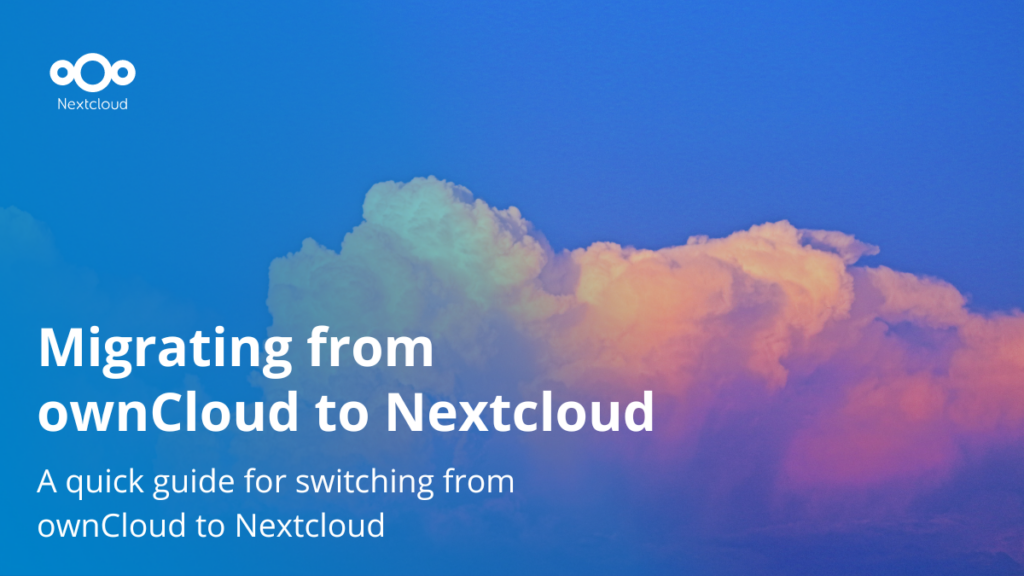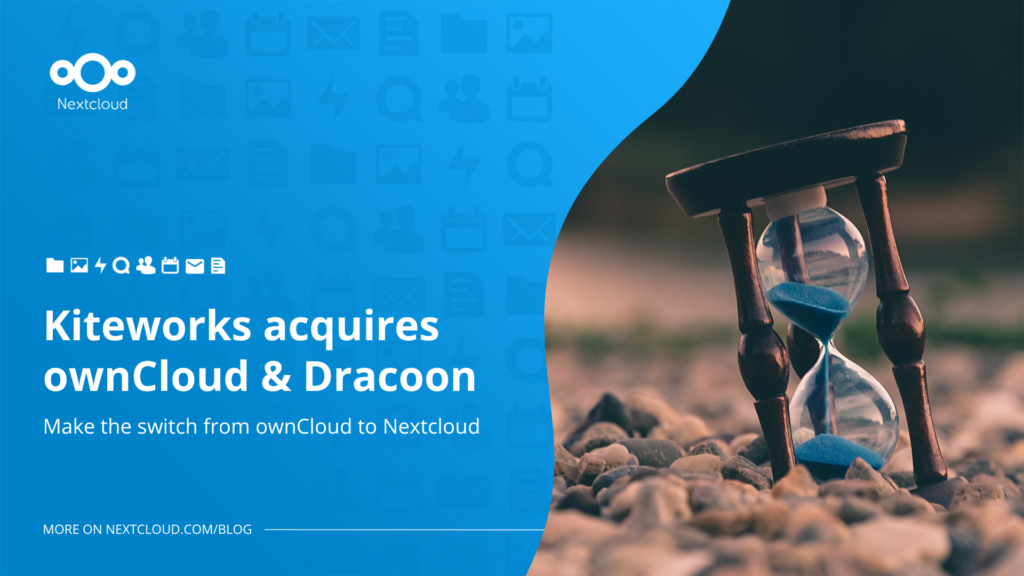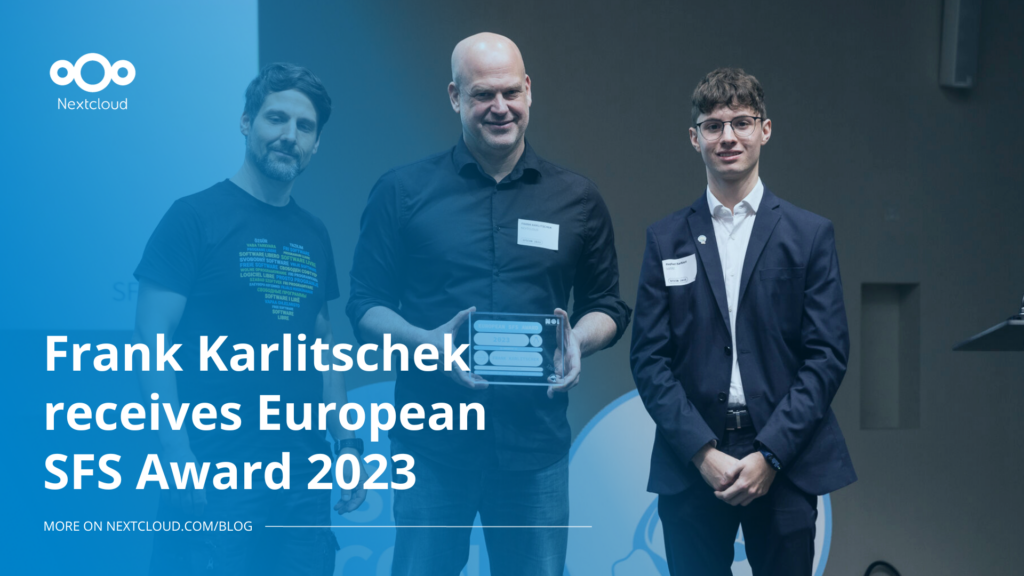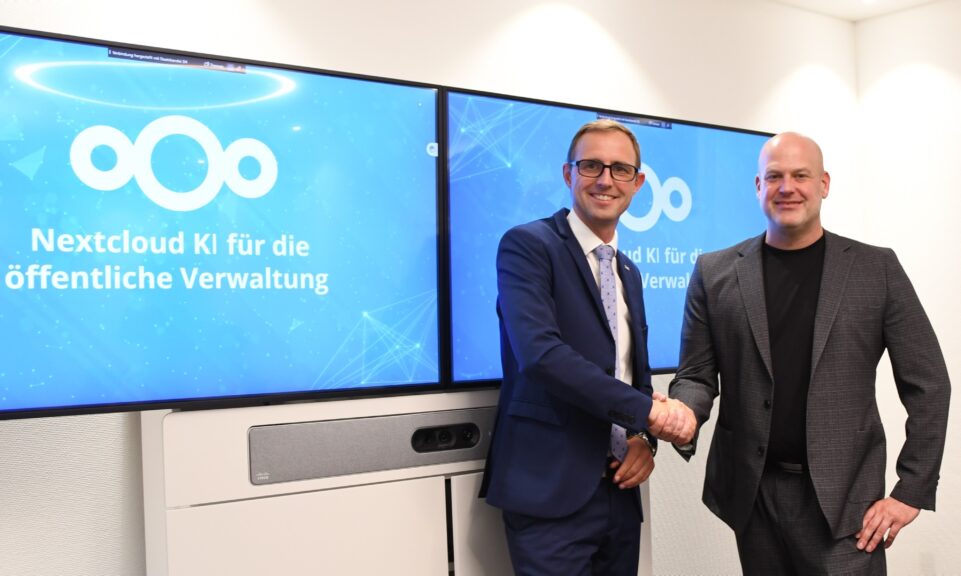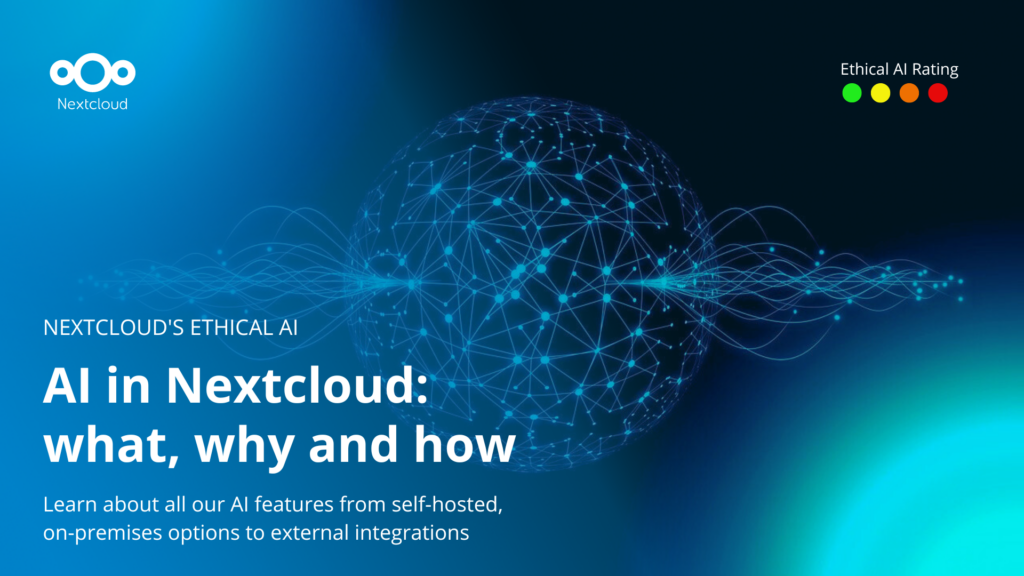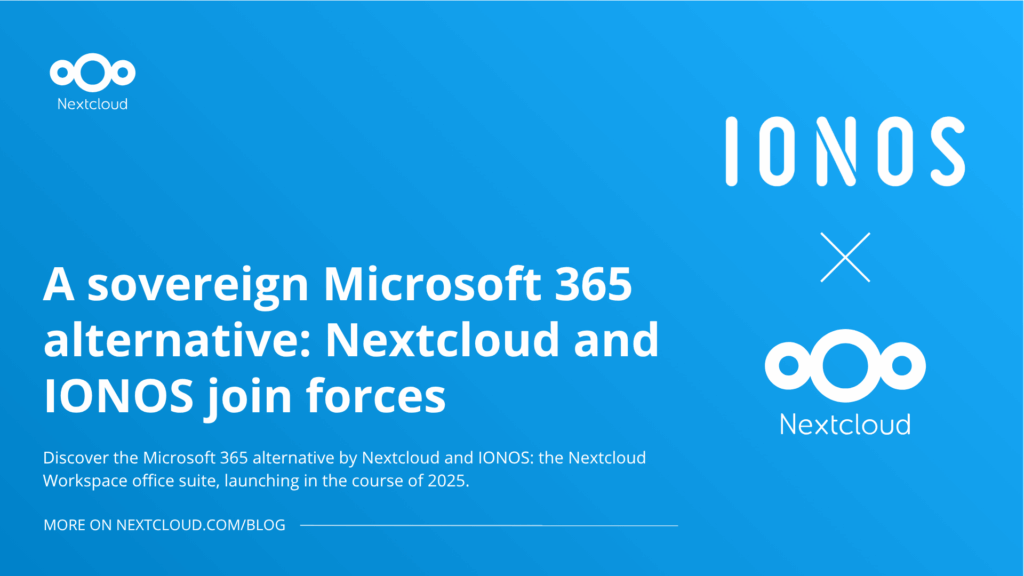Tristan Nitot talks about Clouds and the future of privacy
Today, we’re happy to introduce the Nextcloud community to Tristan Nitot, keynote speaker of the Nextcloud Conference! Mozilla Europe co-founder and former President, current Cozy Cloud Chief Product Officer, Tristan Nitot has been a privacy activist for years now and wrote a book about data, privacy, and surveillance last year.
Come see him at the end of August in Berlin during the Nextcloud Conference, and register here!
Hi, Tristan, happy to have you on board for the Nextcloud conference! Can you introduce yourself a bit and tell us about your life as a free software and privacy activist?
Hi, Nina! Thank you for inviting me to Berlin for the Nextcloud conference. I’m looking forward to it! So, my name is Tristan Nitot. I’m 50 years old, I was trained as a computer science engineer after discovering programming in 1980 when I was 14. I have been involved with the Mozilla project for 17 years, from 1998 to 2015. I founded Mozilla Europe and was its president for 9 years. I’ve been a member the French National Digital Council for 3 years, nominated by the French President. I have been involved with Cozy Cloud (an Open Source Personal Cloud solution) for 2.5 years now and I’m also helping the French Data Protection Authority (CNIL) with its prospective committee.
You wrote a book called surveillance://. What is it about?
I’m a huge fan of computing and the Internet but I have seen how things could become scary as the digital gets increasingly important in our lives. It seems that not all Silicon Valley tycoons fully understand that “with great power comes great responsibilities” (as Spiderman’s Uncle Ben used to say). Literally billions of people use free services such as Facebook and Google without understanding that they’re not customers of these services. Advertisers are. To make money, these companies sell targeted advertising. To target us, they want to know everything about each of us, so they capture as much personal data as they can in huge silos to analyze the data. It’s what we call “Surveillance capitalism”. The Snowden revelations have been interesting as they showed that first the NSA (U.S. National Security Agency) wants to spy on everyone, but it’s very costly. To do so, they leverage the data collection already done by Internet giants. In short, mass surveillance is made economically possible thanks to data centralization. I wanted to explain all that to ordinary people. Then I wanted to explain what each of us could do to limit our dependence to the Internet giants, by using decentralized tools and systems that are not made to collect data about us and influence us.
In surveillance://, you explain that after the OS, the browser we need to free our clouds. What is the situation now and what should we do?
I believe in free software. As computing has moved from the PC to the smartphone and now the Cloud, free & open source software is more needed than ever, but it needs to evolve. First, we need to understand the business model of the Google and Facebooks of the world: they offer free services in exchange of our data, and it’s a terrible deal. We need to build open source cloud solutions so that each of us, organizations and individuals, can have sovereignty on our data. We also need to make sure that our open source solutions are competitive, knowing that people have a hard time resisting things that have a zero price tag. They think they can’t lose if it’s free. So we need to bring something tangible that Google and such can’t match. Privacy is a good start, but in many people’s mind, it’ s not very exciting. We need to offer a killer-feature that the Internet giants cannot match. In the case of Cozy Cloud, it’s being able to access data that Google and such can’t have access to, such as banking data or health data. In the case of NextCloud, it’s an easy-to-install, self-hosted, secure collaboration solution for groups.
What does the landscape look like in terms of privacy today?
It’s really a half full / half empty glass thing. On one hand, the Internet giants are reaching more and more people. In some cases, people who are new to Facebook do not realize that they’re using the Internet, which is very concerning to me. On the other hand, many people are now getting concerned about their data. The recent decision by Google to stop reading Gmail messages is interesting (don’t worry, you’ll still get targeted advertising and will be tracked anyway). They’re backpedaling on this topic, as they know that people don’t like the fact that they’re under surveillance. Overall, there is one thing I have learned from my Mozilla days: a group of people can build the Internet they want, and we don’t have to accept the walled gardens (with surveillance cameras) that are handed down to us. It has been done for Web browsers, let’s do it for the Cloud!








